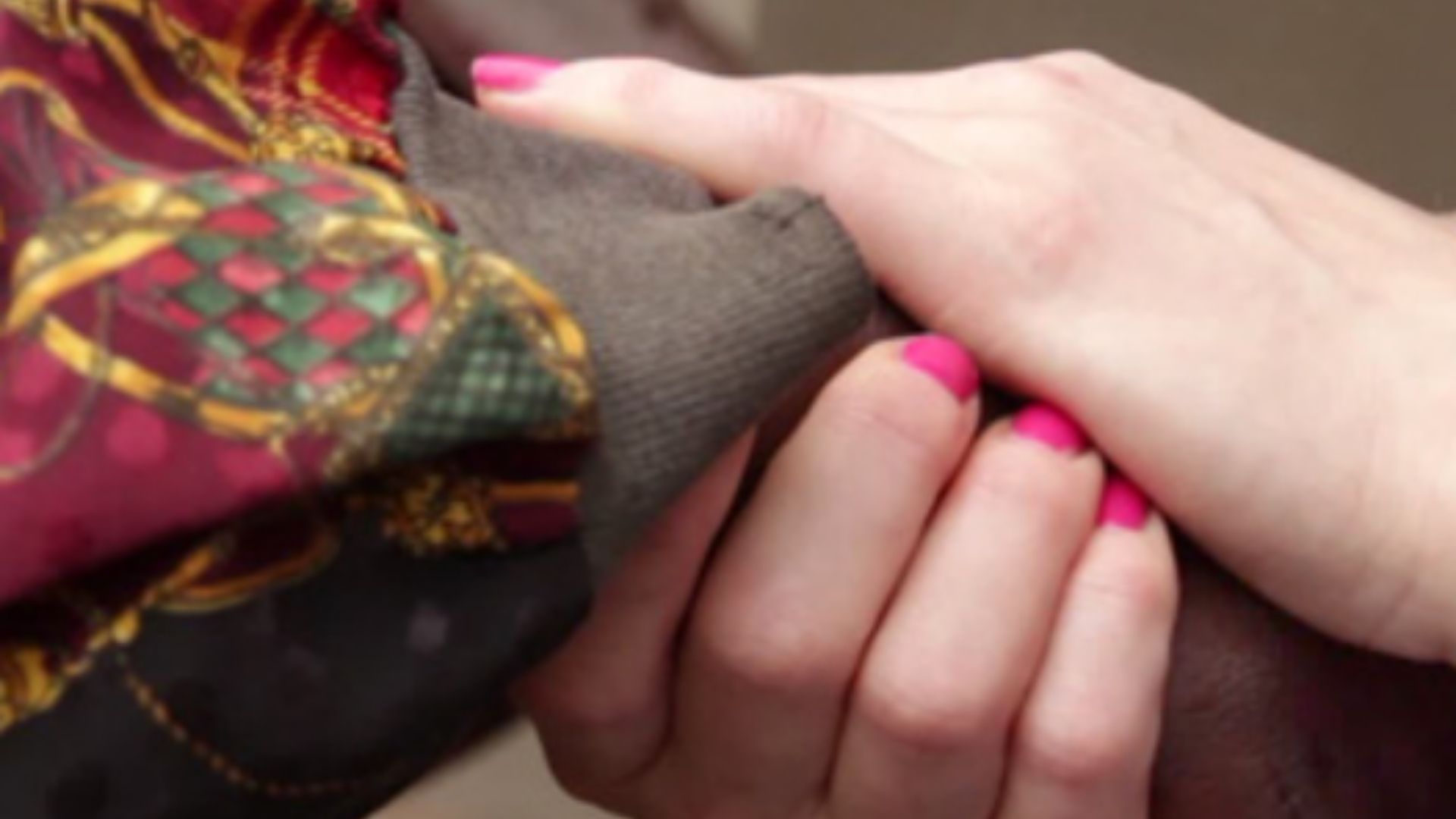During Anti-Slavery Week 2023, we launched the #EndOrphanageTourism campaign. Vulnerable children aren’t tourist attractions. Orphanages can traffic children into slavery. We’re encouraging travellers to say NO to visiting orphanages on holiday and support families and communities instead.
Most people who volunteer overseas genuinely want to do something meaningful and experience a new culture. However, some of the companies that arrange this type of travel may be more concerned with creating a ‘life-changing’ experience for their customers, rather than responding appropriately to the needs of the host communities.
This is a particular problem when volunteers are offered the chance to work with vulnerable children living in orphanages and other institutions. Hope and Homes for Children, as part of the coalition, Rethink Orphanages, is working to raise awareness about the negative impact on children of volunteers and tourists visiting orphanages – read more about this campaign.
In short, our message is that it’s good to volunteer, but not in orphanages. There are other, better ways to make a real difference to children’s lives and learn about different cultures.
VOLUNTEERING 10–POINT CHECKLIST
If you’re thinking about volunteering abroad, here’s what to look for to make sure your time overseas is genuinely spent making a difference:
About the volunteering opportunity
– The needs have been set out by the local community.
Find out why the volunteer project has been set up and why volunteers are needed. As much as possible, the project should be directed and run by local people.
– It’s sustainable
Projects shouldn’t create a long-term dependency on volunteers. Ask what happens to the project when the volunteers go home.
– There’s no local alternative
Sometimes, volunteering can have a negative impact on local employment opportunities. Always look for projects where volunteers are brought in to enhance local capacity, e.g. to provide training or meet a short-term skills gap working with local people.
– It doesn’t involve ‘orphans’ or vulnerable children
Despite the best intentions of volunteers who want to care for children, it can do more harm than good. Children who live in orphanages are quick to form relationships with volunteers as they arrive, only to feel abandoned once again when they leave. What’s more, an estimated 80% are not actually orphans and have at least one living parent.
About you
– There’s a skills match
Think about what skills you have to offer that will be of use to the local community. Skills often in high demand include digital (websites, coding, social media), monitoring and evaluation skills, photography, fundraising (writing and submitting funding applications) language and computer skills. Don’t be tempted by volunteering placements for which you are not skilled or qualified – e.g. teaching or caring for children or providing medical care.
– It adds value
Look for opportunities where you will learn. When you return home, use what you have learned to engage in your own community or apply it to your career. Employers will be interested in evidence of impact, not just the fact that you have volunteered overseas.
About the volunteering-sending company
– There’s evidence of impact
Look to see if the company you will be travelling with has a proven track record. Find out what’s been achieved in the past by staff and volunteers and how projects are monitored and evaluated.
– You’ll be safe
Some volunteer-sending companies simply recruit volunteers for third parties, whereas others recruit volunteers for projects they manage themselves. Make sure you know who will be responsible for your safety, and who will be the point of contact for you and your family should anything go wrong.
– You’re not being ‘sold to’
Some companies use emotive language to entice volunteers to sign up with them. Avoid companies that talk about volunteers ‘saving the world’, ‘giving children the love they need’ or focus heavily on the travel and tourism elements of the trip. Instead, look for emphasis on partnerships and sustainability.
– You must apply to volunteer
The role of the volunteer-sending operator is to match your skills with the right project. You should expect to go through an application process and be vetted, as you would if you were applying for a job or university. You should also receive pre-departure support, including a briefing and possibly training and a job description about your volunteer placement.
